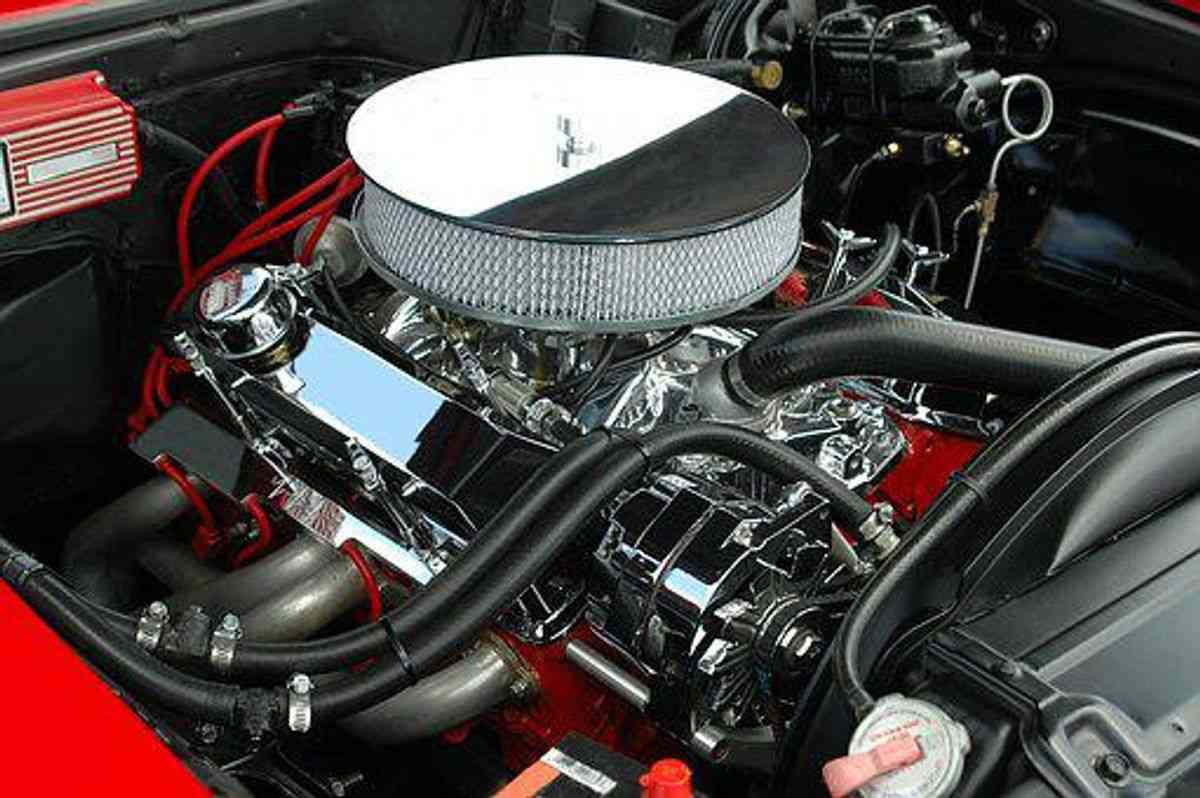If you’re experiencing engine knocking, you’re not alone. Engine knocking is not the easiest automotive problem to resolve. However, some common solutions can help you fix this problem. Here are some common causes of knocking and some common fixes. These tips can help you diagnose and solve engine knocking.
Common causes of engine knocking
Engine knocking is a natural process of combustion that occurs when the fuel and air mixture is not correct. This results in uneven fuel burning and can damage the piston and cylinder walls. Other causes of engine knocking include a lack of lubrication in the upper cylinder head area and too loose or dry valves. Regardless of the cause, engine knocking indicates that something is wrong with the engine.
Engine knocking may also be caused by low octane fuel. When this happens, the knock sensor will not properly detect the problem. A low oil level, a bad knock sensor, or a bad knock sensor can also cause the problem. Understanding the causes of engine knocking will save you money on repairs.
If you notice the noise of an engine knocking in your engine, check the engine’s timing. Proper timing is essential for the engine to run efficiently. If the timing is incorrect, the fuel will not burn evenly and may cause multiple explosions within the cylinders. This will result in engine knocking and may even damage the engine.
Common fixes
If you hear a knocking sound coming from your car, you should first pull over and turn off the engine. If you leave the knocking untreated, it can cause serious damage to your engine. It could even lead to catastrophic failure, requiring an entire engine replacement. To prevent this, you should maintain regular maintenance on your vehicle.
One of the most common causes of engine knocking is oily carbon deposits in the combustion chamber. These deposits coat the pistons and cylinder heads and can cause your engine to malfunction. To fix the problem, you may have to replace your cylinder heads. Another common cause of engine knock is a bad bearing in the piston. A bad bearing can make the pistons rattle against the crankshaft, causing excessive wear and tear.
If you suspect fuel is a contributing factor, use higher octane gasoline. Higher-octane gasoline helps engines burn more efficiently and prevents deposits from accumulating on engine parts. Additionally, you may want to consider using a carbon-cleaning additive. Lastly, make sure to get a tune-up for your engine. This should include replacing the spark plugs and wires.
Common causes of engine knocking at low rpm
Engine knocking is a common car problem that occurs when fuel is not ignited properly in the engine. This can be caused by low-quality fuel or faulty spark plugs. Although the noise is usually harmless, it can damage engine components. If left untreated, engine knocking can lead to costly repairs.
Some engine knocking sounds like a metallic tone, and it can be a sign of more serious problems. The loud and continuous noise can indicate a costly repair or even set off the check engine light. So the first step is to determine the cause of the engine knocking. The most common cause is a faulty spark plug, but a worn bearing may also cause the problem.
Changing the spark plug can fix the knocking issue. Spark plugs are crucial to the engine’s efficiency. The spark plug in your engine needs to be within the correct heat range to prevent the combustion chamber from overheating. If the plugs are too hot, you may be experiencing engine knock. Check the spark plug’s part number and replace it with a new one that matches your engine’s temperature.
Common fixes for engine knocking
Engine knocking is a common symptom that indicates a problem with the car’s engine. The sound is a repetitive tapping or pinging that can be caused by a variety of factors, including a worn bearing. You may need to replace the bearing or work on the crankshaft itself to fix the problem. In some cases, you may also need to replace the pistons.
Another common cause of engine knocking is dirty spark plugs or poor fuel quality. Changing these two components may cure the problem and prevent it from worsening. However, if these steps don’t solve the problem, it’s recommended to visit a mechanic and have them inspect the engine for the cause.
The most common cause of engine knocking is a faulty spark plug. When buying new spark plugs, ensure you get a standard set. It may cost more, but using the right one can fix your engine knocking problem and give it a smoother run. Also, remember to check the spark plugs every 30,000 miles or so.

